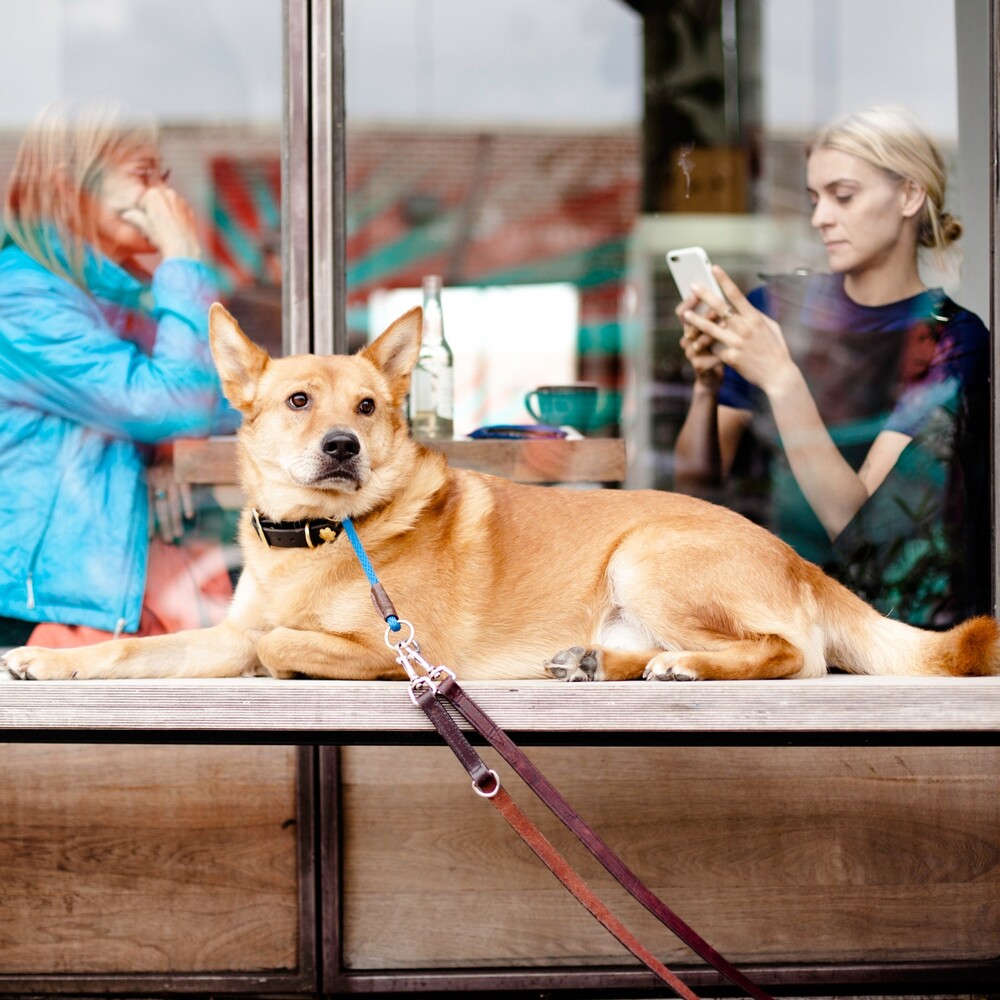
As people age, various age-related conditions tend to emerge. Older individuals often require more rest, become less flexible, and may feel chilly or warm more readily. The same holds true for our canine companions. Just like humans, dogs don't remain youthful indefinitely. Thus, they require additional care and focus from their owners.
Here’s how you can make your ‘senior acquaintance’’s life as comfortable as possible:
Offer a cozy spot for rest
Comfortable temperature, gentle and pristine.
Look after the coat.
With a slightly damp microfibre cloth, you can stroke the dog and clean places where the animal can no longer wash itself.
You can clean the back end of the creature using a lukewarm and moistened towel.
Feeding
It is preferable to select senior food because it is formulated to meet the requirements of an aging pet.
Veterinarian
Make routine visits to the veterinarian to ensure that any age-related issues are identified promptly.
Behaviour change
The behavior of senior pets may alter; they could become more nervous, start staying awake during nighttime, experience disorientation, revert to unwanted habits, grow less friendly, and find movement such as walking or leaping increasingly challenging. These issues often stem from discomfort, disease, or even cognitive decline. It’s always advisable to consult with your veterinarian upon noticing these concerns.
Costs
The expenses for drugs and specialized food items often add up to as much as 100 euros each month.
Establish a 'piggy bank for pets' beforehand.
(FVDV for INSPIRATIONS DIGITAL/Source: Huisdiereninfo/Illustration image: Unsplash)
Make sure to explore all our articles on MSN by subscribing to our content. Simply click on 'follow' located beside our logo at the top.



0 Comments